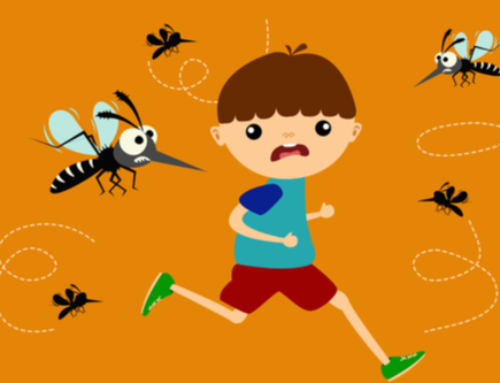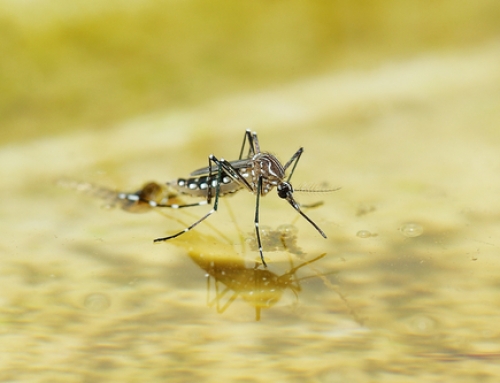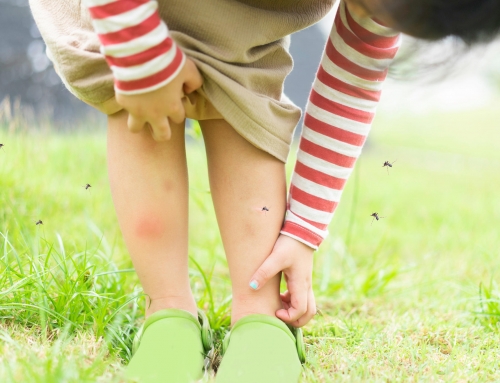What are Natural Mosquito Killers in Charleston, South Carolina?
As the premier mosquito control services in Charleston, South Carolina, we know that mosquitoes have a few natural predators, most of which can be found in your yard. As summer nears, mosquito activity increases such as breeding and biting. In this article, we will discuss several of the mosquitoes’ predators and how to help control the mosquito population in Charleston, South Carolina.
What Can Help Control Mosquitoes in My Yard in Charleston, South Carolina?
Fish. If you have a fish pond then the Gambusia Affinis should be stocked. Known as mosquitofish, they are a very effective predator of mosquito larvae. Arguably, the mosquitofish is by far the most efficient natural predator of mosquitoes. Adult females can reach a length of up to 2.5 inches and males up to 1.5 inches. The female mosquitofish can produce between 10-300 offspring per brood and can have between 3 to 6 broods per season. The mosquitofish is known to be an opportunistic and voracious predator. In certain
The mosquito fish is known to be a voracious predator. Several studies have shown that they can consume 42-167% of their body weight in mosquito larvae per day. Mosquitofish, as well as some other species of small predatory fish such as guppies and goldfish, can also be quite effective in the reduction of mosquito larvae.
Dragonflies. The reason dragonflies, or “mosquito hawks,” are such effective hunters is because when targeting their prey, the dragonfly keeps it in sight while adjusting its flight, and can predict how it will move before catching it. Dragonfly larvae eat mosquito larvae and adult dragonflies eat adult mosquitoes. A single adult dragonfly can consume approximately 100 mosquitoes per day. Imagine the results if you could create an environment for dozens.
Bats. The thought of bats in your backyard makes most people cringe, while others go to their local hardware store and buy bat boxes to hang in their backyard. Why? Because they know how effective bats are at eliminating mosquitoes.
Studies have shown that a single bat can consume close to 1,200 mosquitoes per night. Their appetite for mosquitoes certainly makes a backyard more comfortable. Bats are opportunistic, and their lack of discretion benefits everyone. Some of their favorite prey include crop-destroying moths, cucumber beetles, flies, and gnats. Natural insect control is their specialty.
Birds. Some of the most beautiful birds can be a mosquito’s worst nightmare. Birds will not only destroy mosquitoes, but they also add to the aesthetics of your property.
- Purple Martin. The Purple Martin is the most famous of all mosquito-eating birds. Purple Martins do not only feed on adult mosquitoes but eat mosquitoes in other lifecycle stages as they are developing.
- Bluebirds. The sheer beauty of a bluebird is enough for bird lovers to set up nesting opportunities in their yards. Nearly 80% percent of their diet can come from mosquitoes during spring and summer.
- Cardinals. The cardinal’s song is one of the most cheerful sounds in nature, and these beautiful birds are common in many yards. The Oriole is one of the most ravenous mosquito-eating birds in South Carolina. Among the many benefits of cardinals including feeding mosquitoes to their young.
While birds cannot guarantee a mosquito-free summer, Knockout Mosquito can. Our innovative designs, variety of options, and effective mosquito control system have made Knockout Mosquito the authority in the Charleston, South Carolina area.
See more related articles: Most Common Biting Insects in Charleston, South Carolina






